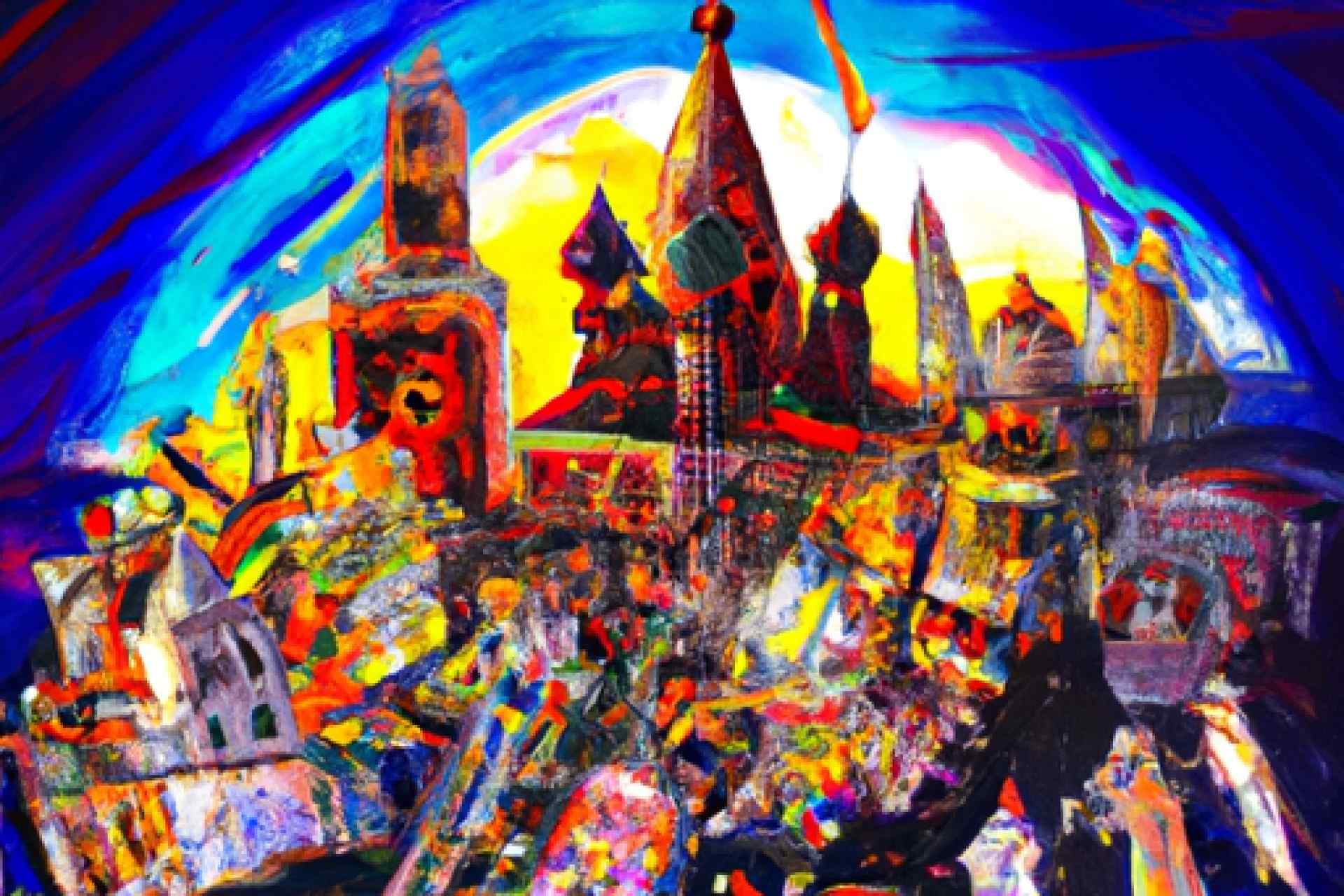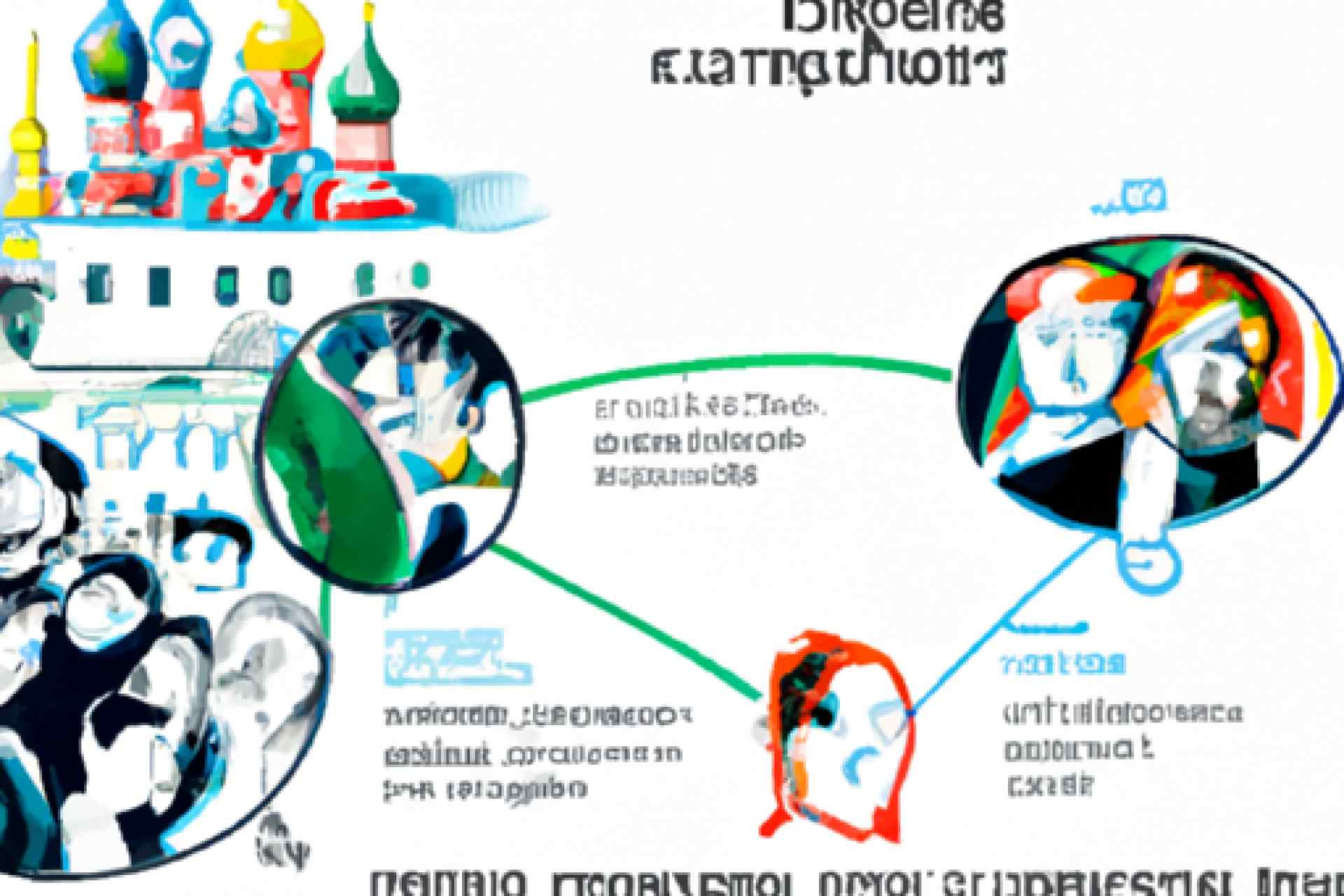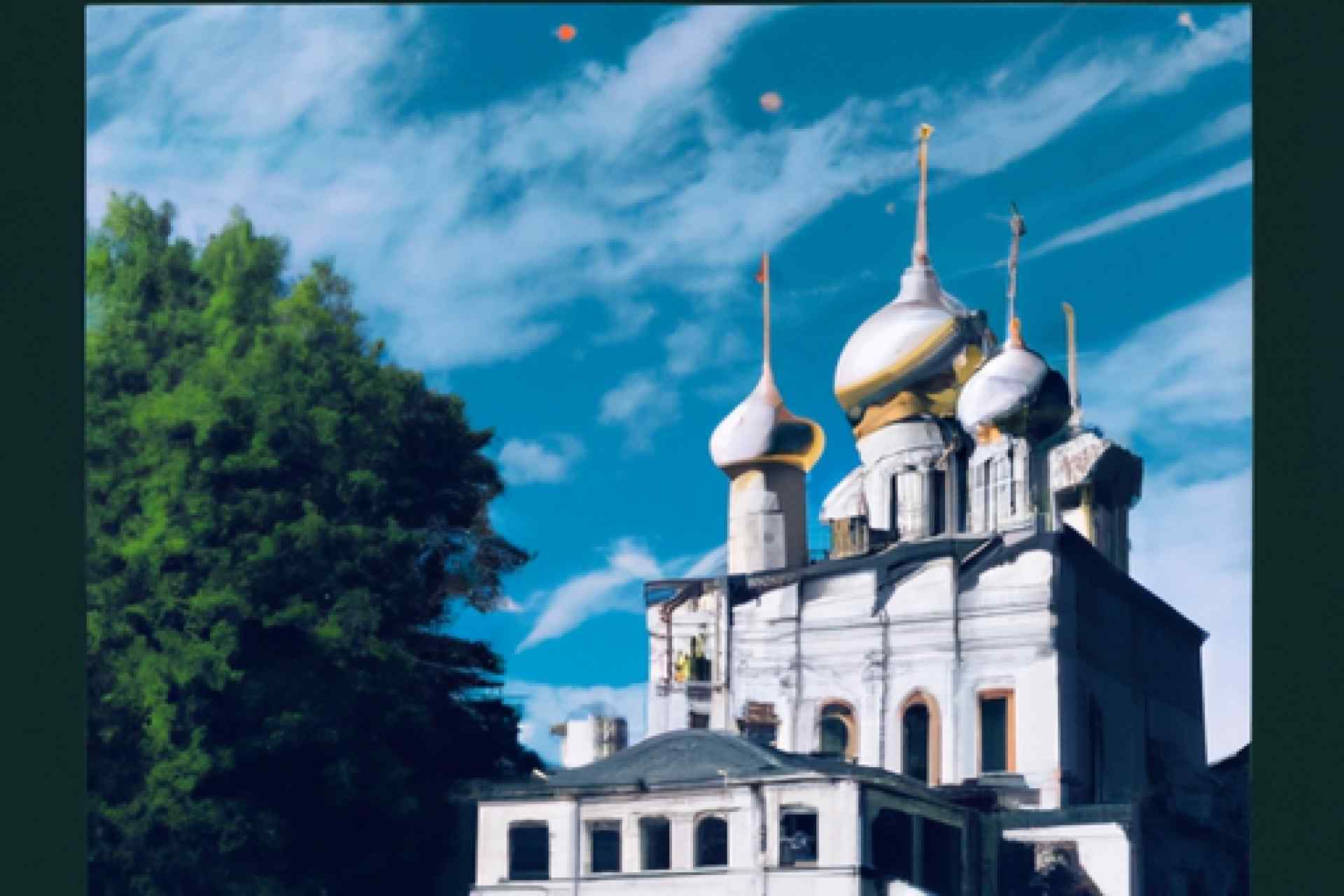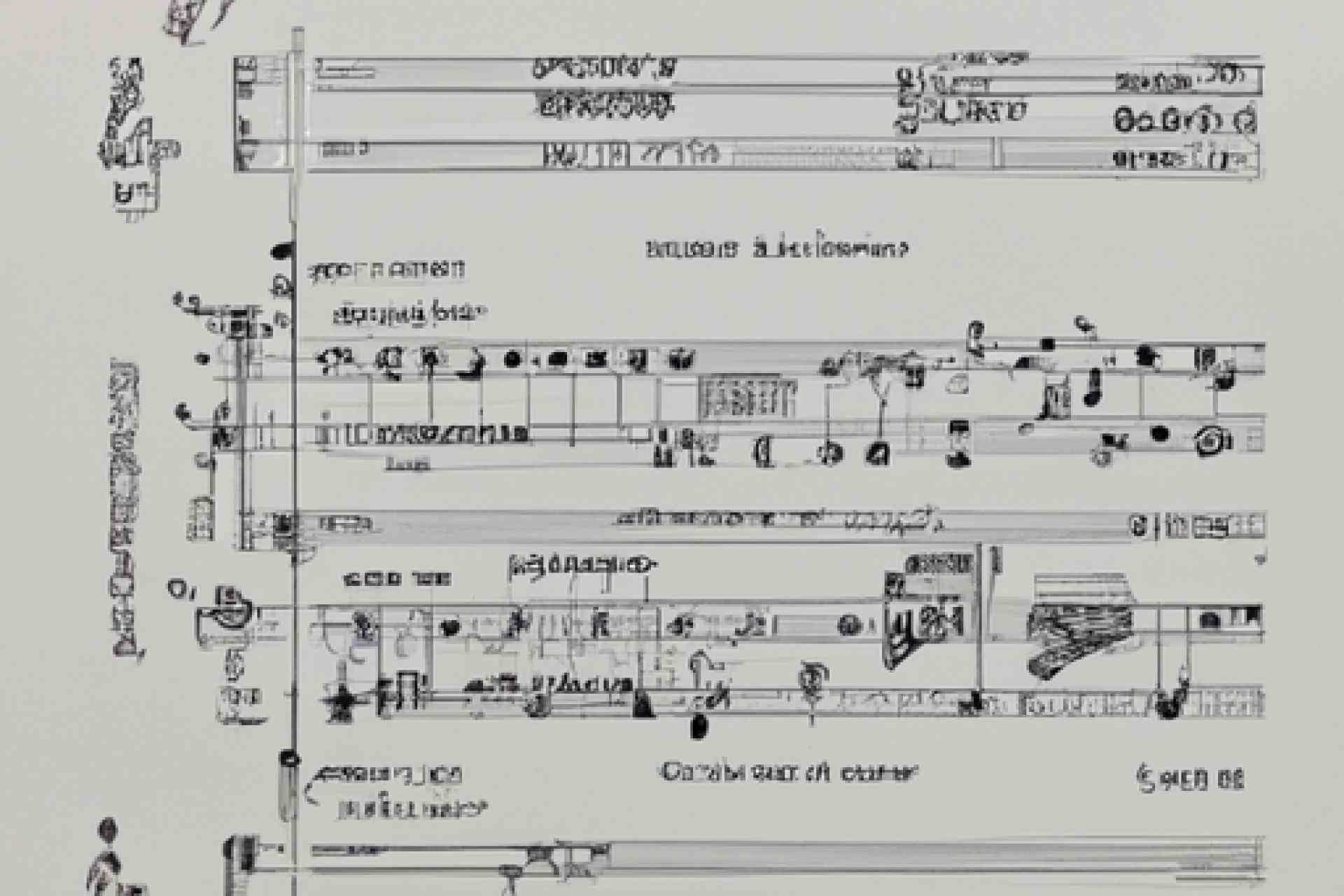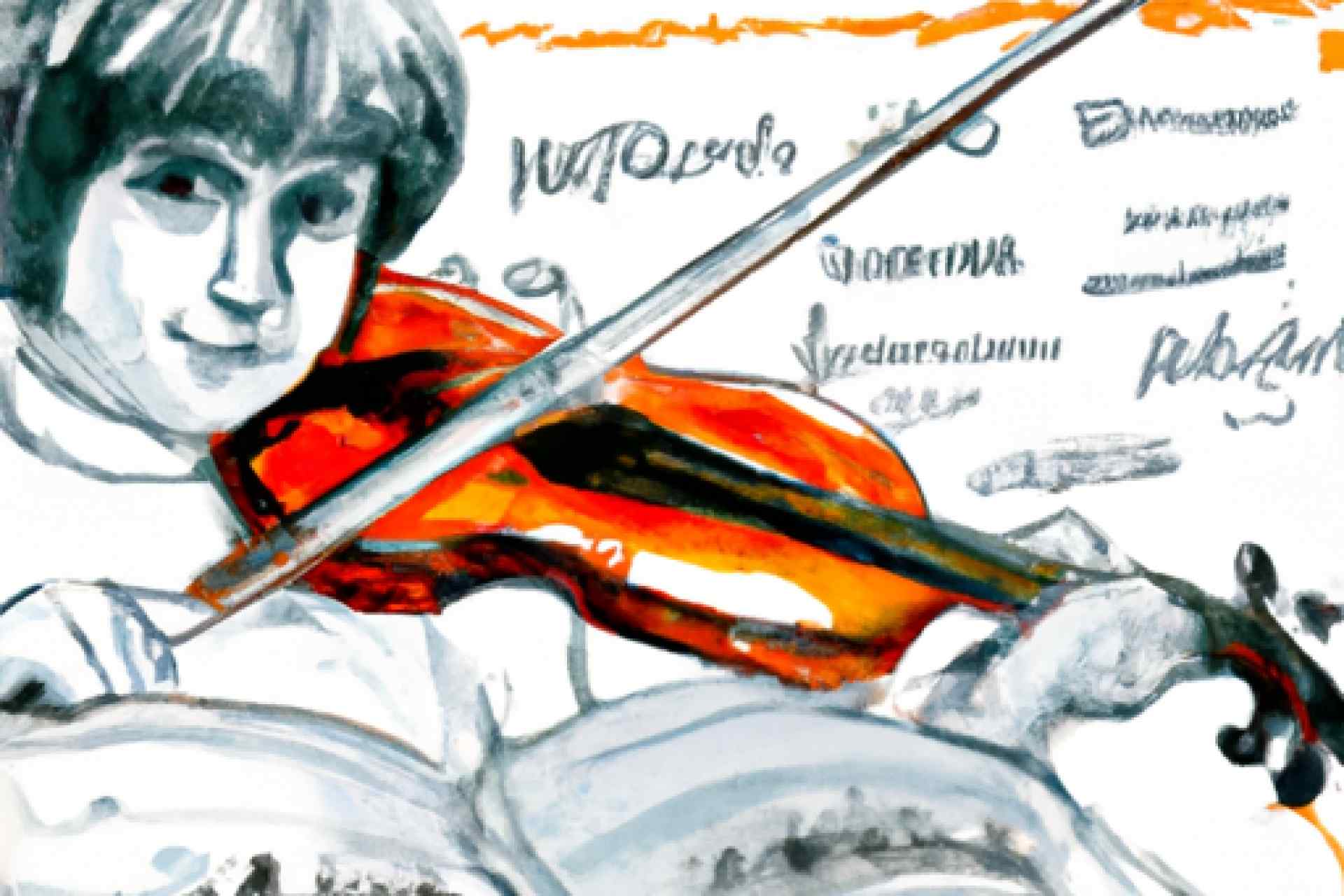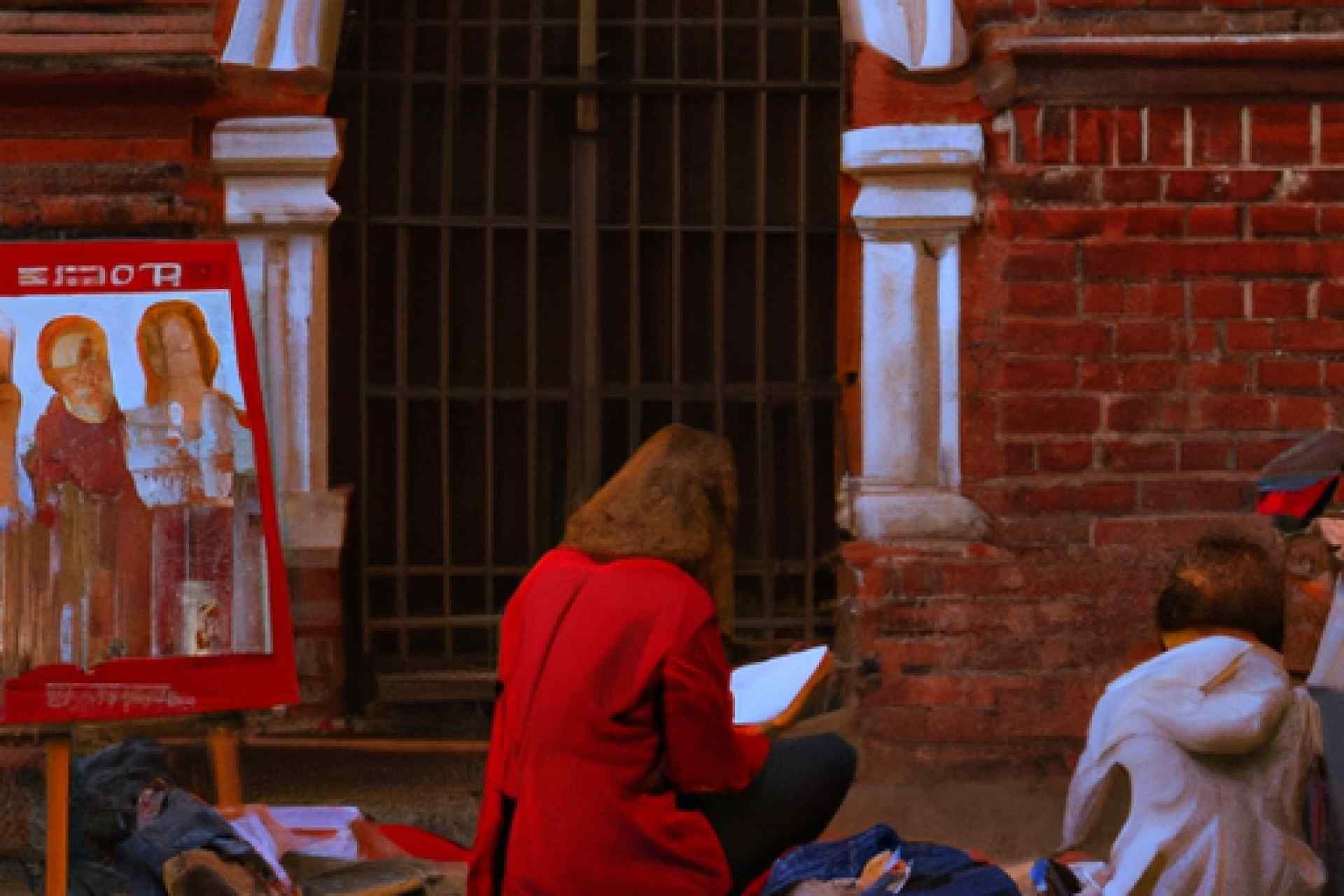俄罗斯文化英语介绍:用英语了解俄罗斯文化
发布:2023-04-13 13:10:16 分类:留学知识 点击:1000 作者:管理员
Russia, the largest country in the world in terms of land area, has a rich and diverse culture that has been shaped by its history, geography, and religion. From its traditional folk music and dance to its world-famous literature and art, Russia has a vibrant and unique cultural heritage that has fascinated people around the globe. In this article, we will take a closer look at the various aspects of Russian culture and explore some of the country's most iconic traditions.
1. Literature
Russia has produced some of the greatest writers in the world, including Leo Tolstoy, Fyodor Dostoevsky, and Alexander Pushkin. These authors have created timeless works of literature that have had a profound impact on Western culture. Tolstoy's War and Peace, for example, is considered one of the greatest novels ever written and is renowned for its insight into human nature, while Dostoevsky's Crime and Punishment is a masterpiece of psychological realism.
Russian literature is characterized by themes of spirituality, morality, and the human condition. Many of its works deal with the struggle to find meaning and purpose in life, and the search for redemption and salvation. Russian literature has also made significant contributions to world literature in its portrayal of social and political issues.
2. Art
Russian art has a long and rich history, with artists like Ivan Aivazovsky, Wassily Kandinsky, and Kazimir Malevich being among its most famous representatives. From traditional icon painting to avant-garde art movements like Suprematism and Constructivism, Russian art has always been characterized by a deep intellectual and spiritual connection to the Russian people and their history.
One of the most significant contributions that Russian art has made to the world is in the field of ballet. The famous Mariinsky Ballet in St. Petersburg is one of the oldest and most prestigious ballet companies in the world, and Russian-born ballerinas like Anna Pavlova and Rudolf Nureyev are still celebrated as some of the greatest dancers of all time.
3. Music
Russian music is as diverse as its literature and art, with traditional folk music and classical compositions being its most famous genres. Russian folklore has a strong influence on its music, with traditional instruments like the balalaika and the domra being used to create the distinctive sound of Russian folk music.
Russian classical music has also made a significant impact on the world stage, with composers like Tchaikovsky, Rachmaninoff, and Stravinsky being some of the most celebrated in the world. Tchaikovsky's Nutcracker Suite is one of the most beloved and performed ballets of all time, while Stravinsky's Rite of Spring is considered one of the most groundbreaking and influential works of modern classical music.
4. Cuisine
Russian cuisine is known for its hearty and filling dishes, with staples like borscht, beef stroganoff, and pelmeni being among its most popular dishes. Russian cuisine has been heavily influenced by the country's harsh climate and long winters, with preserved and pickled foods being a common way of storing food for the cold months.
Russian cuisine is also known for its sweet pastries and desserts, like the famous blini (thin pancakes) and pirozhki (small savory pies). Russian tea culture is also an important tradition, with tea being a beloved beverage that is often accompanied by sweets and savories.
5. Holidays and Festivals
Russian culture is full of festive traditions, with holidays like Christmas, Easter, and Maslenitsa (a pre-Lenten festival) being some of the most widely celebrated. The Russian New Year, which falls on January 1st, is also a significant holiday that is celebrated with fireworks, parties, and traditional foods like Olivier salad and caviar.
Russian folk festivals are also an important part of the country's cultural heritage, with events like Kupala Night and Ivan Kupalo Day being celebrated in rural areas. These festivals often involve music, dancing, and traditional rituals that date back centuries.
Conclusion
Russia's rich and diverse culture is an essential part of its national identity, and its contributions to literature, art, music, and cuisine have had a significant impact on the world. From the works of Tolstoy and Dostoevsky to the famous Mariinsky Ballet, Russia's cultural heritage has inspired and fascinated people around the globe. As Russia continues to evolve and change, its cultural traditions will undoubtedly continue to play an essential role in shaping its national identity and global influence.









